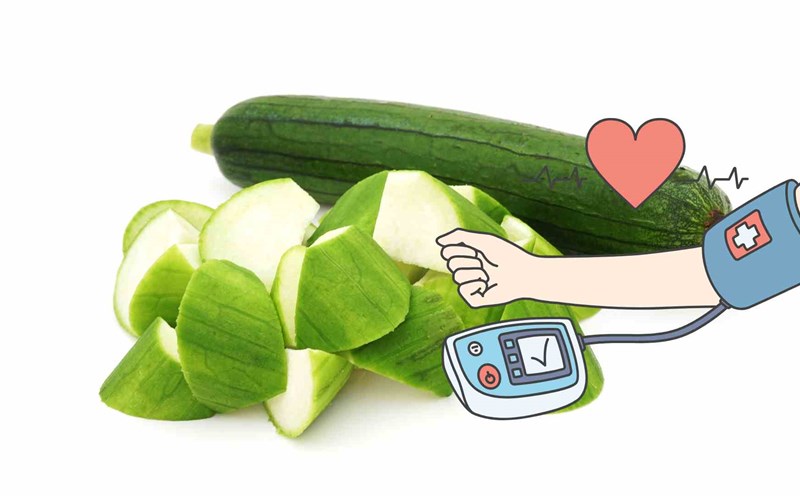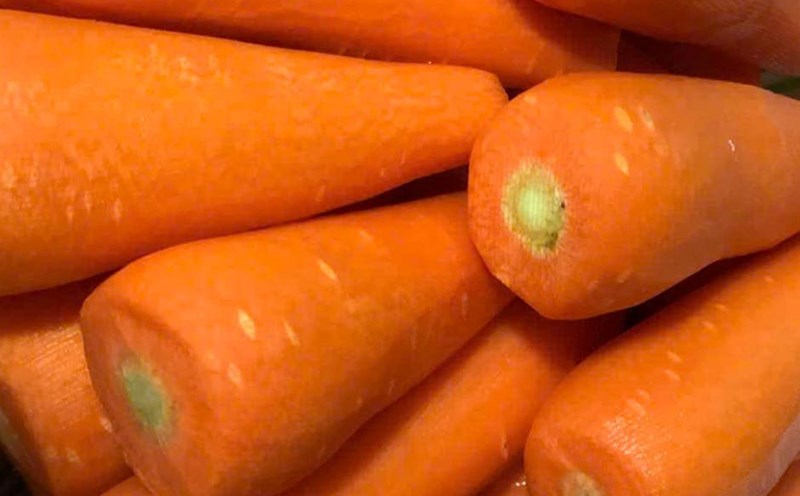According to the World Health Organization, a diet rich in potassium helps reduce blood pressure in people with high blood pressure and reduces the risk of cardiovascular disease. On average, a fresh carrot contains about 320mg of potassium, equivalent to about 7% of the daily requirement of adults.
However, the way carrots are prepared also affects their effectiveness for people with high blood pressure. According to research, boiling or steaming carrots is a method that helps retain more beta-carotene - a precursor to vitamin A - and potassium than frying or baking. Research published in the Journal of Food Science shows that steaming carrots helps retain up to 90% of the antioxidants, while frying can lose up to 50%.
In particular, fresh carrot juice is an ideal choice for people with high blood pressure. Research shows that consuming 500ml of carrot juice per day for 3 weeks helps reduce average cardiac blood pressure of 5-7 mmHg in older adults. This is due to the combination of potassium, natural nitrates and antioxidants in carrot juice, which help improve blood vessel function, reducing pressure on the vessel walls.
People with high blood pressure should prepare carrots by steaming, boiling or juicing instead of frying or stir-frying with a lot of fat, and should combine carrots in their diet with other vegetables to increase the effectiveness of regulating blood pressure.











